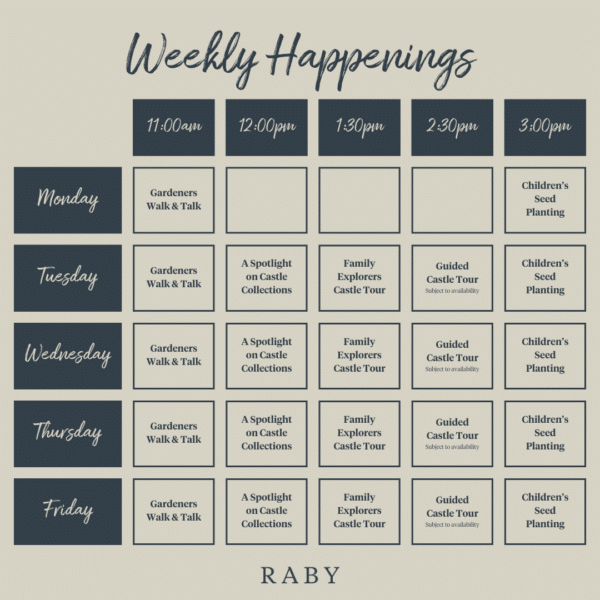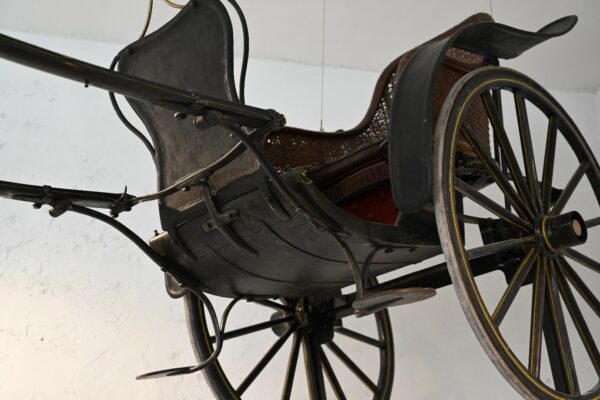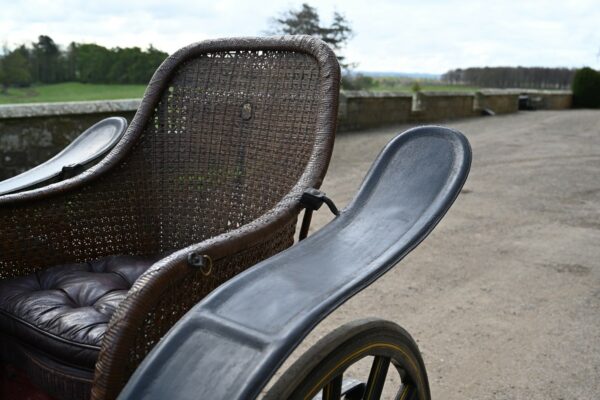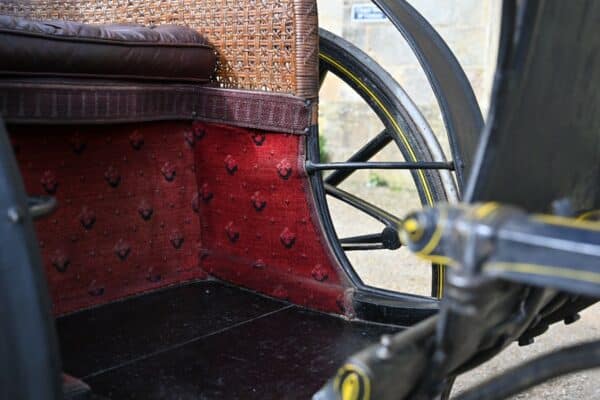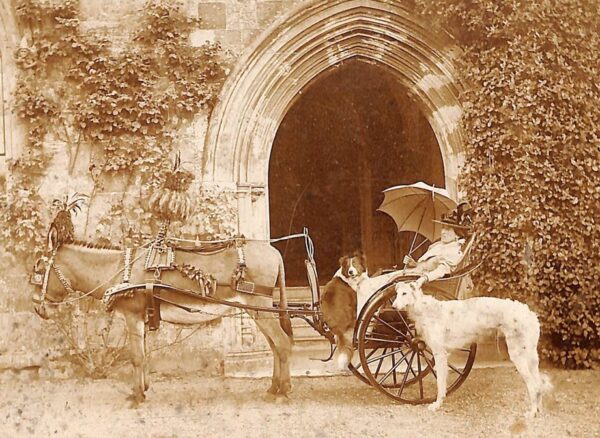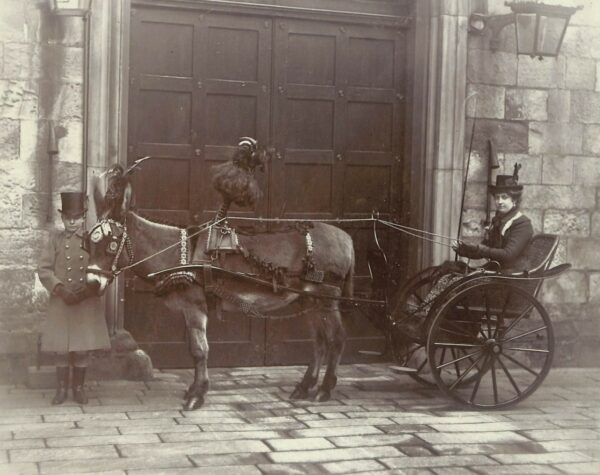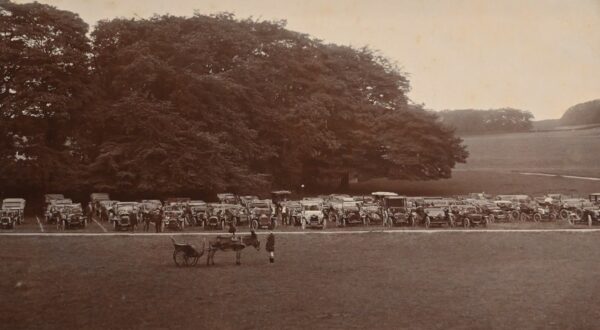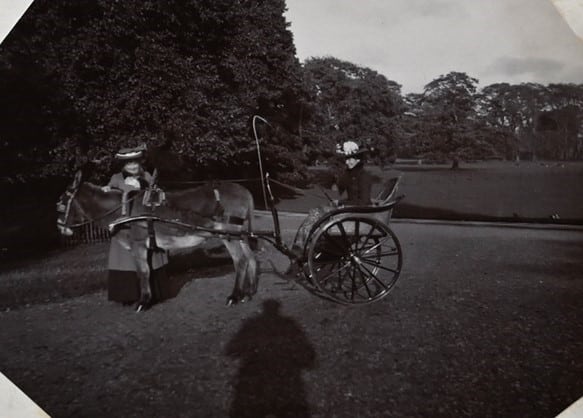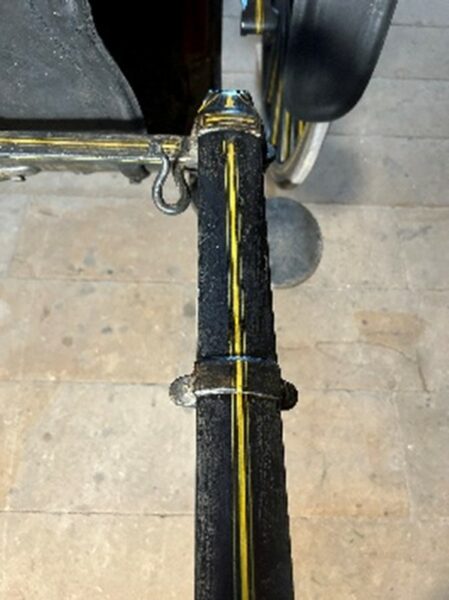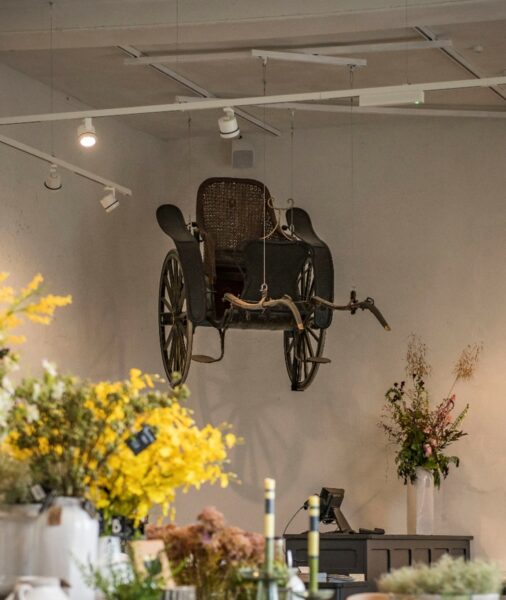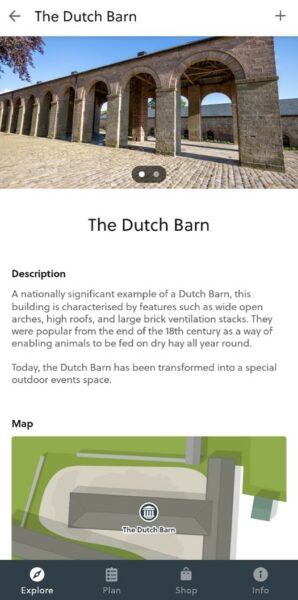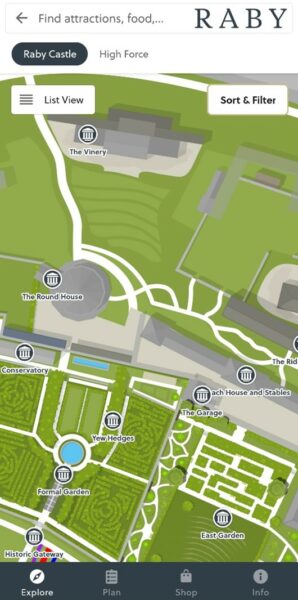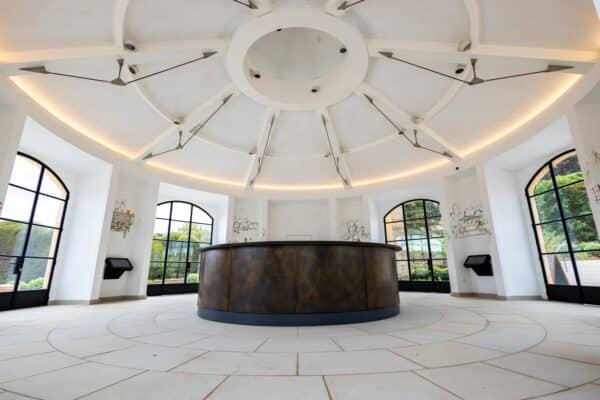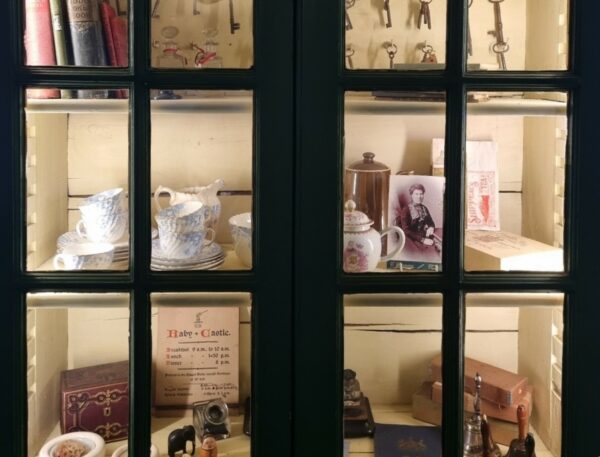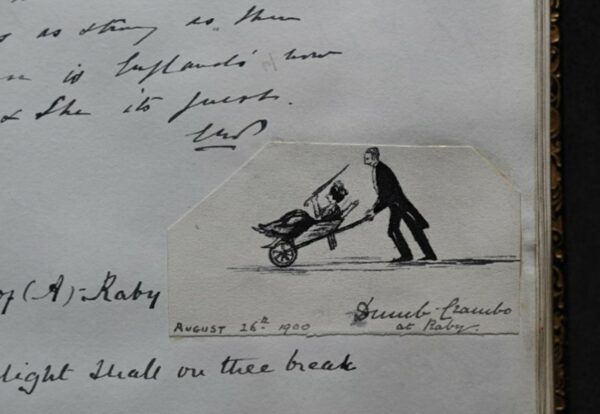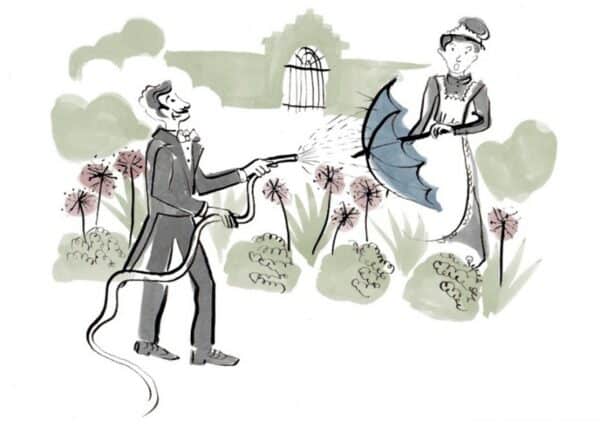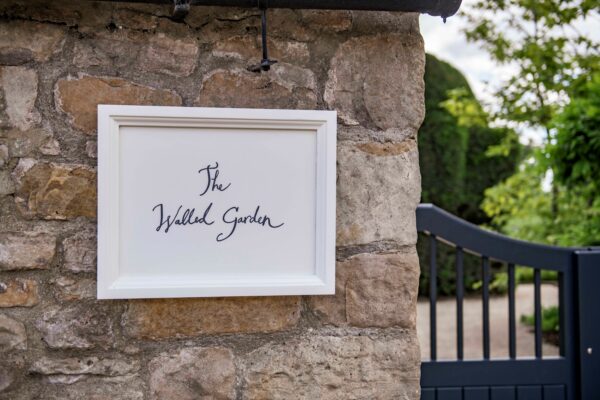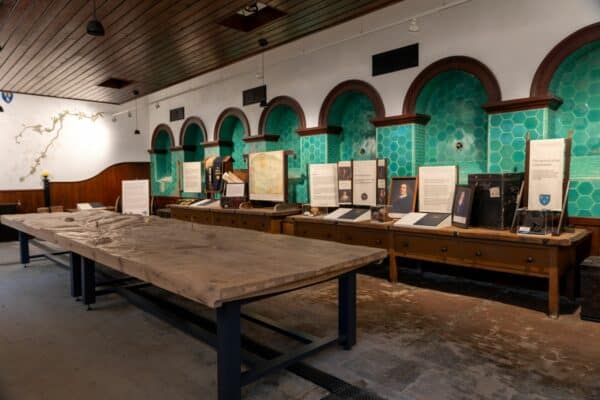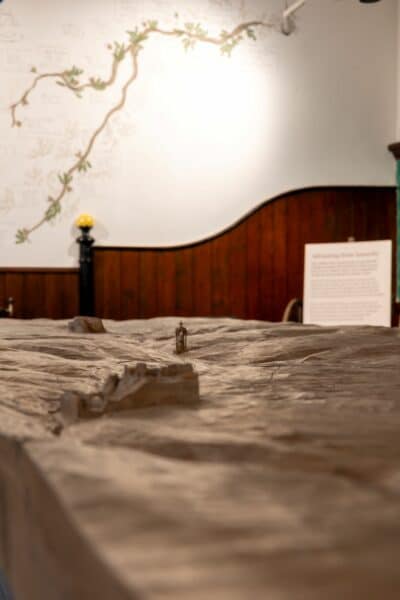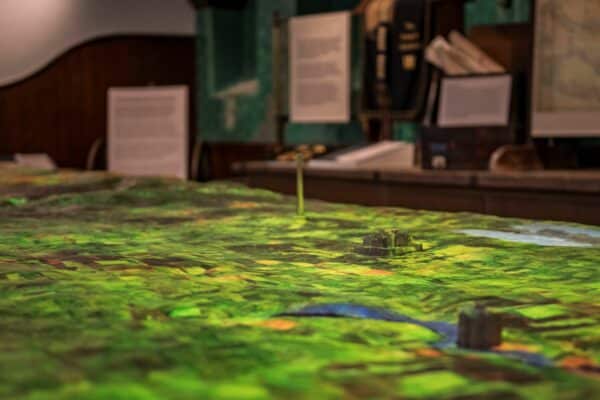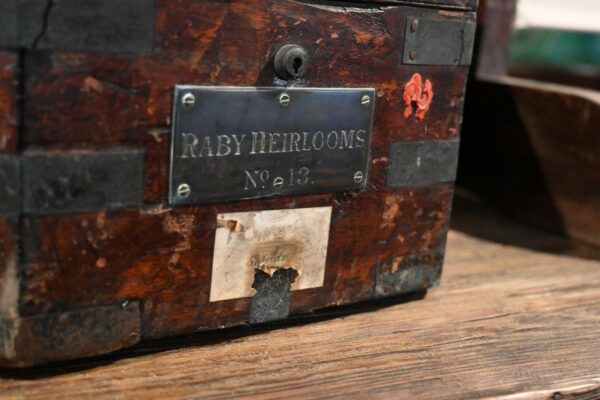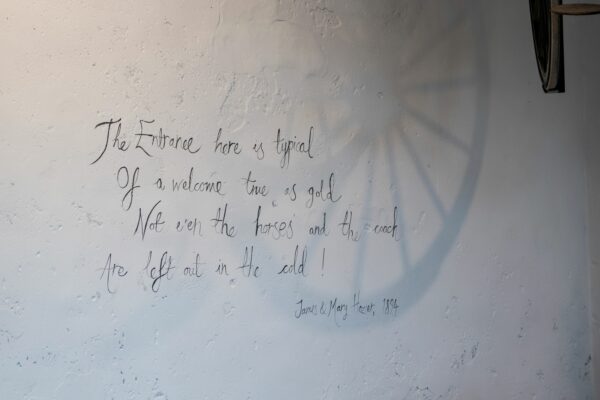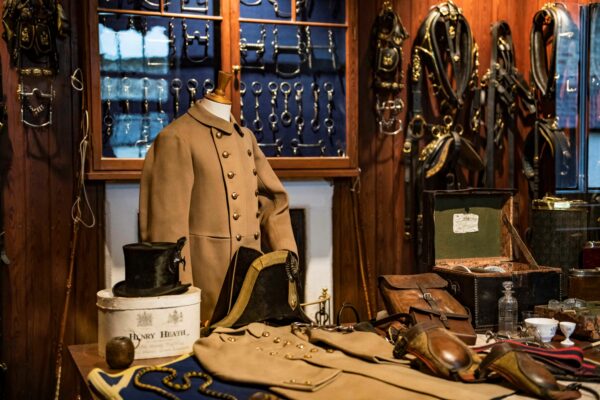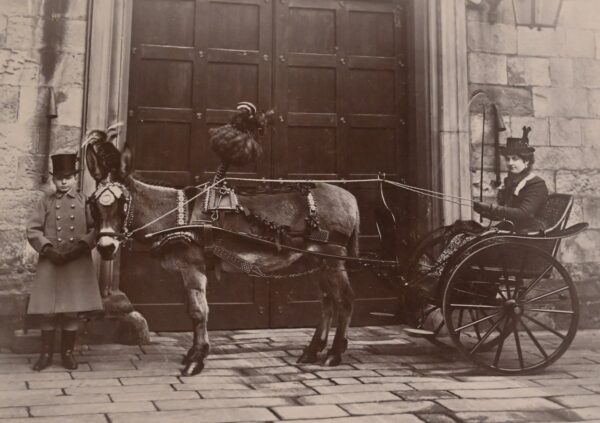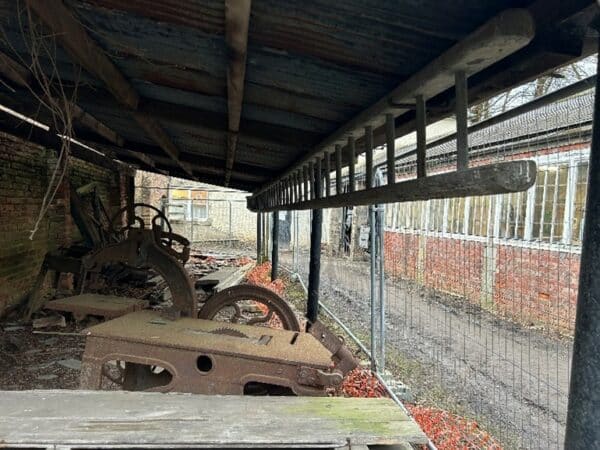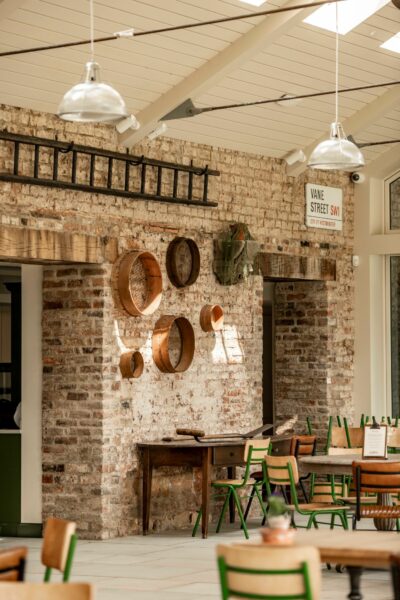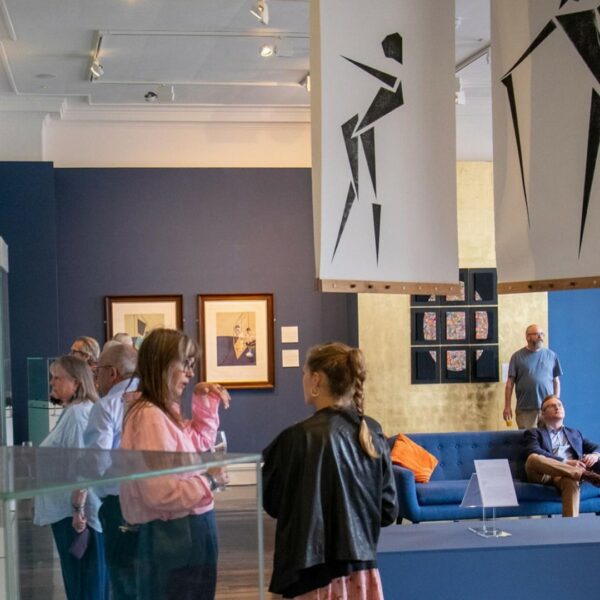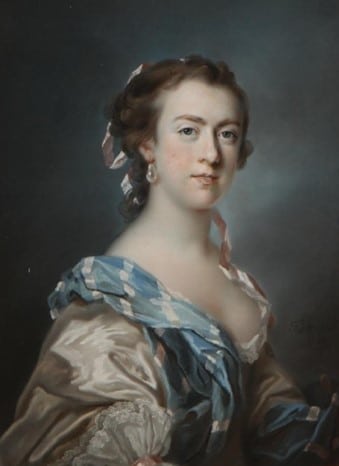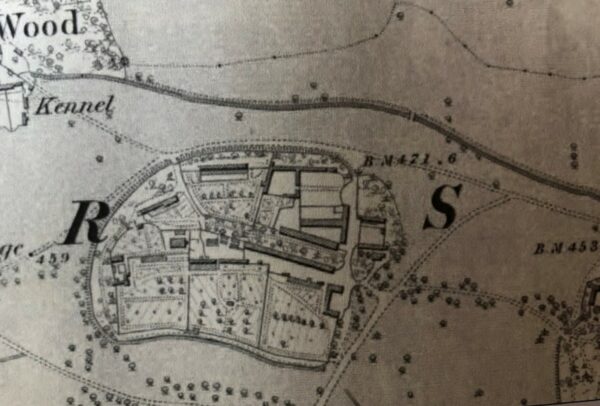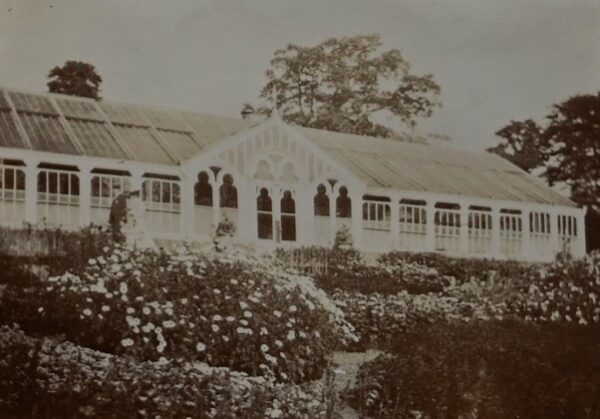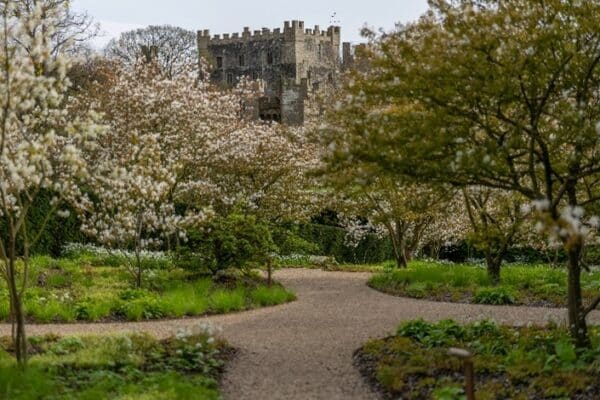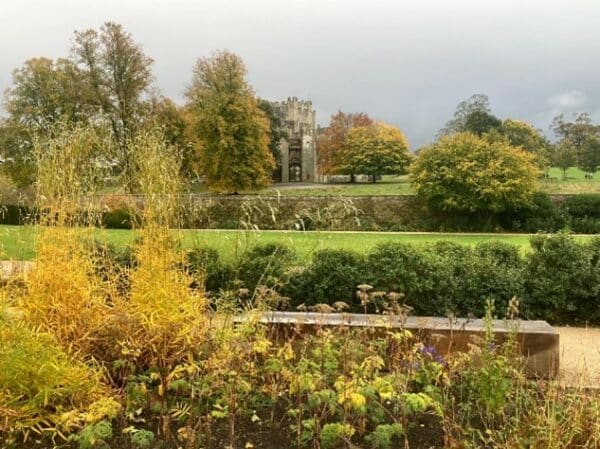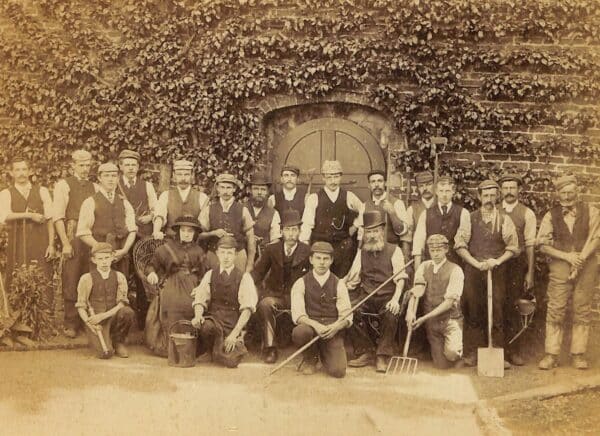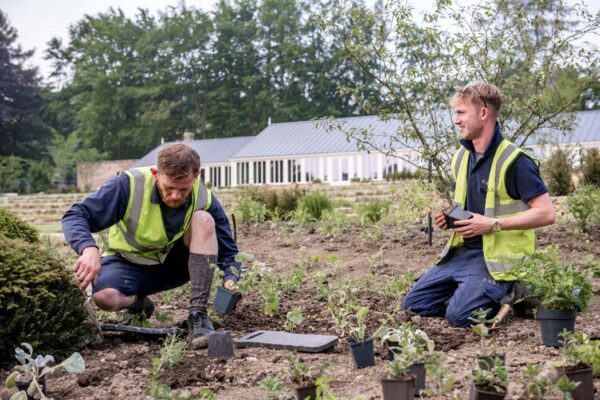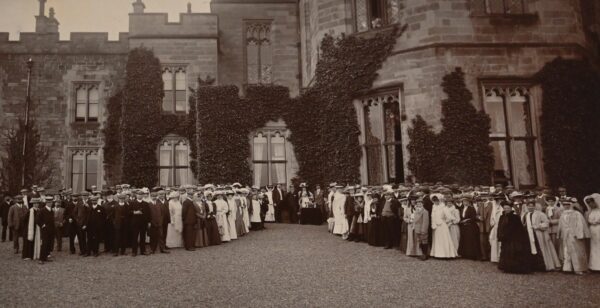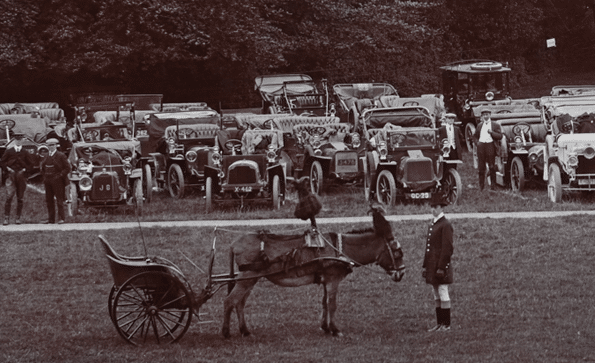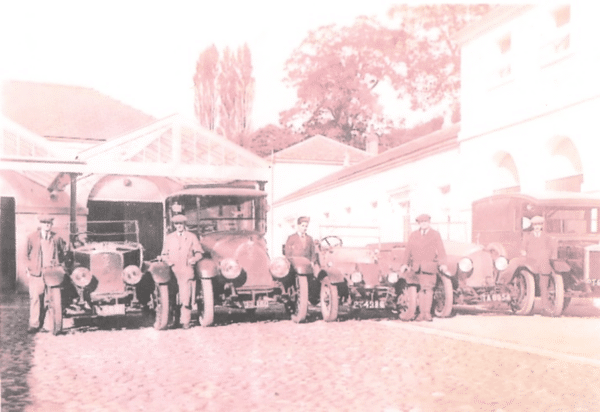TICKETS ON SALE TO JOIN A RABY RUMPUS THROUGH THE CASTLE GROUNDS THIS AUTUMN
A right rumpus is about to hit the North East this autumn as Raby Castle, Park and Gardens launches tickets to a never seen before spectacle of live music, dance and captivating puppetry, which all comes alive after dark.
Taking over the grounds of Raby Castle to provide an immersive and unforgettable new experience this autumn, tickets to The Glittering North are now available for selected dates throughout October and into early November.
Celebrating the region’s Norse and Viking heritage in a raucous adventure like no other, the event brings to life iconic figures from the past with enchanting puppetry and illuminating light art.
From Gullinburstin, a boar with bristles made from gold that light up the sky, to Sleipnir, a giant illuminated horse with eight legs – visitors of all ages can mingle with these fascinating figures before settling down for tales of folklore and myth.
The remodelled 18th century Walled Garden will be home to the ‘trail of the north’ full of illuminated photo opportunities, a glittering immersive space dripping with gold, giant illuminated fish in a new watery world and a spectacular recreation of the northern lights.
Sophie Brown, sales and events manager at Raby Estate said: “The change from summer to autumn marks the start of cosy nights with hands warming round a mug of hot chocolate, fiery clusters of red and orange as the trees change colour and crunchy leaves beneath your feet.
“Our captivating new event provides a festoon lit and atmospheric autumnal celebration, full of feasting, warm blankets, torchlight and fire processions, designed to set imaginations alight in a spectacle never seen before in County Durham.”
Alongside the ‘trail of the north’, the Dutch Barn will be adorned with lights, flags, bunting and barrels. Whooping and whirling folk musicians play fiddles and brass whilst captivating fire performers dazzle the crowds.
The Riding School will also become a transformed space in this mythical new world, surrounded by warm lighting where visitors can hunker down and listen to tales of Norse gods and shapeshifting beasts.
Extend your autumnal evening and embrace the sunset views of Raby Castle from the new Vinery café restaurant. The glasshouse will be open throughout the evening to provide delicious food and warm drinks. The beautiful autumn and Christmas range will be available to browse in the new retail space in the Coach House featuring a range of high quality, artisan items.
Tickets to step into The Glittering North at Raby Castle, Park and Gardens can now be booked for the following dates: 12th, 13th, 19th, 20th, 26th, 27th, 30th, 31st October and the 1st, 2nd, 3rd November with tickets available from 4pm – 8pm.
Tickets cost £20 for adults and £13 for children.
For further information and to book tickets, please visit: www.raby.co.uk/events/the-glittering-north/


